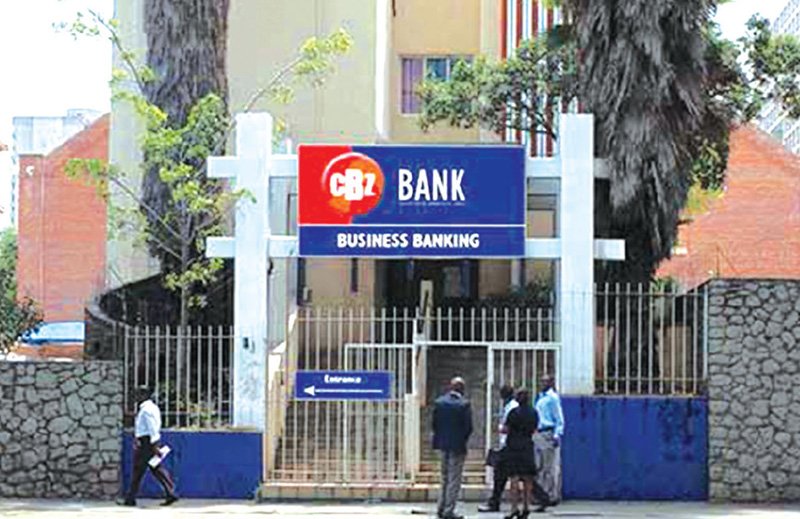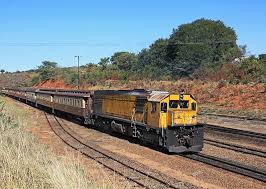THE government guaranteed scheme rolled out by CBZ Bank Agroyield between 2019 and 2020 failed to recover a whooping ZW$2,77 billion from the beneficiary farmers leaving the government with no choice but to assume the debt, the 2022 Annual Debt Bulletin has revealed.
CBZ Agro-Yield in conjunction with the Government of Zimbabwe through the Finance and Agricultural Ministries as the major stakeholders collaborated in the National Enhanced Agriculture Productivity Scheme ( NEAPS ).The objective of NEAPS was to ensure food self-sufficiency in Zimbabwe through the support of wheat, maize and soya bean production.
“Out of the ZWL4.5 billion CBZ Bank Agroyield (100% government guaranteed) disbursed to maize farmers for the 2019/20 season, only ZWL1,5 billion was recovered representing a paltry 38,5% recovery rate,” the Bulletin published this week said.
Effectively, going forward that debt is now subject to the taxpayer’s burden in a development which has seen lobby group, Zimbabwe Coalition of Debt and Development (ZIMCODD) raising serious concerns on the manner in which a number of government guaranteed Agriculture Funding schemes are modeled.
“We are concerned by a very low recovery rate on publicly guaranteed private sector debt particularly in the Agriculture sector.
“By assuming such debts (ZWL2.77 billion unpaid balance), Treasury has increased the burden on taxpayers who are already overtaxed,” the lobby group said.ZIMCODD also raised concerns over the realisations that figures provided in the 2022 Annual Debt Bulletin are not disaggregated.
“Ironically, the given reasons for contracting those debts are extremely dubious and unconvincing. For example, Treasury borrowed US$249.73 million from Equatorial Guinea in 2005 to finance the procurement of “strategic imports” with no further indication as to what the imports are,” they said.
The lobby also questioned the sustainability of some projects where borrowed funds are being invested.“For example, investing in the expansion of airports at a time social infrastructure is crumbling and the majority of citizens are wallowing in abject poverty leads to questions on prioritization,” added ZIMCODD.
Source NewZimbabwe









